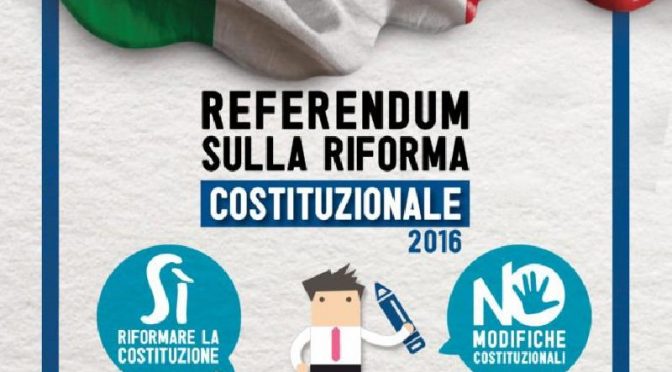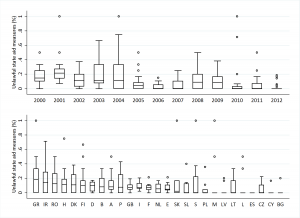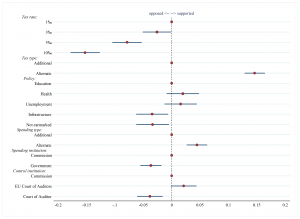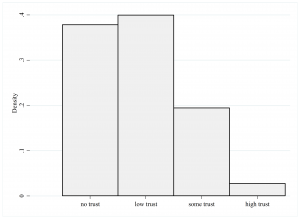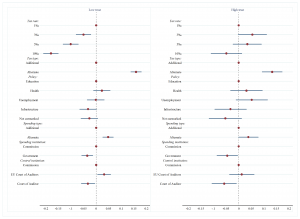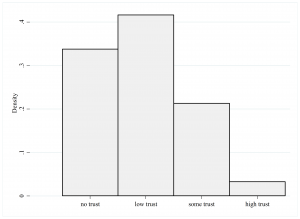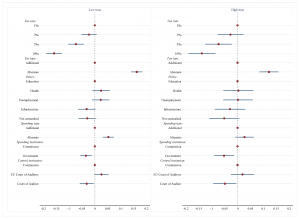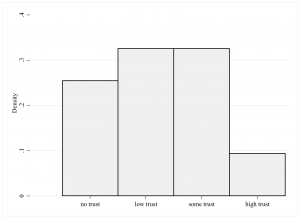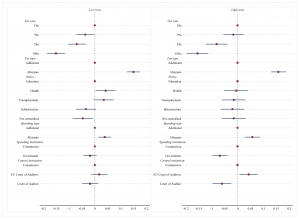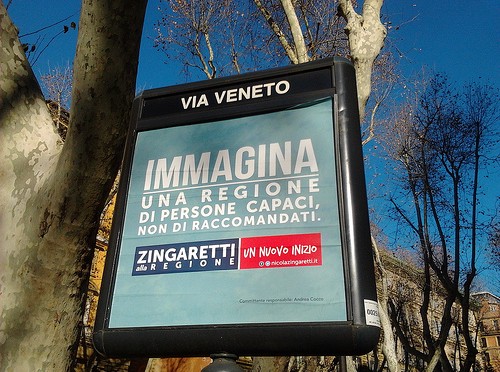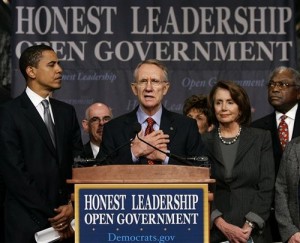Le valutazioni di costituzionalisti e scienziati politici sulla riforma costituzionale sono differenti per quanto concernono i poteri del governo. In effetti, hanno entrambi ragione.
Affermare che la riforma costituzionale alteri l’equilibrio dei poteri a favore del governo “è una pura sciocchezza”, anzi i “poteri normativi del governo vengono riequilibrati” – è l’opinione di numerosi costituzionalisti e dei sostenitori della riforma (ma anche, curiosamente, di molti detrattori).
George Tsebelis, scienziato politico che ha contribuito in modo significativo allo studio comparato del bicameralismo (e.g. Bicameralism, scritto con Jeannette Money e pubblicato dalla Cambridge University Press), invece sostiene che l’abolizione del bicameralismo simmetrico (o paritario) “rafforzerebbe il potere del governo (come attore che stabilisce l’agenda politica)”.
In effetti, hanno entrambi ragione. Il motivo? Usano gli stessi termini attribuendone significati differenti.
Costituzionalisti e poteri normativi
Nel diritto, per potere si intende la possibilità di un soggetto (in questo caso il governo) di produrre degli effetti giuridici attraverso un atto come una legge. Il potere è infatti una capacità conferita tramite leggi ordinarie o costituzionali.
Secondo questa accezione, la riforma costituzionale tocca solo marginalmente i poteri del governo e non necessariamente in senso rafforzativo: alla possibilità di chiedere alla Camera di deliberare entro settanta giorni su un disegno di legge considerato essenziale (nuovo articolo 72) si frappongono limiti più stringenti imposti alla decretazione d’urgenza (nuovo articolo 77).
Nulla da obiettare.
Scienziati politici e potere
Non è questa però l’accezione di potere usata da molti scienziati politici, i quali partono dal presupposto che gli attori sociali abbiamo degli obiettivi. Il governo ad esempio vuole attuare il proprio programma.
Si parla di potere qualora tali attori non possano raggiungere i propri obiettivi senza influenzare il comportamento degli altri o sottrarsi dalla loro influenza. Con la riforma, il governo potrà sottrarsi dall’influenza dei senatori per attuare il programma, ne risulterà quindi rafforzato.
I poteri normativi nell’accezione dei costituzionalisti sono delle “regole del gioco” politico per gli scienziati politici. La riforma elimina un ostacolo che si può frapporre al raggiungimento degli obiettivi di governo: l’approvazione del Senato. Dà quindi al governo maggiore potere anche se i suoi poteri normativi rimangono inalterati.
Tsebelis sostiene che la riforma rafforzerà probabilmente anche la Corte Costituzionale, sebbene il testo apporti modifiche minime alla Consulta. Del perchè di questo, ne parleremo in un’altra occasione.
Riferimenti
- Tsebelis, George. “Compromesso Astorico: The Role of the Senate after the Italian Constitutional Reform.” Rivista Italiana di Scienza Politica, September 2016, 1–18 (accesso libero)
- Tsebelis, George, and Jeanette Money. Bicameralism. Cambridge: Cambridge University Press, 1997. Riassunto del libro.
